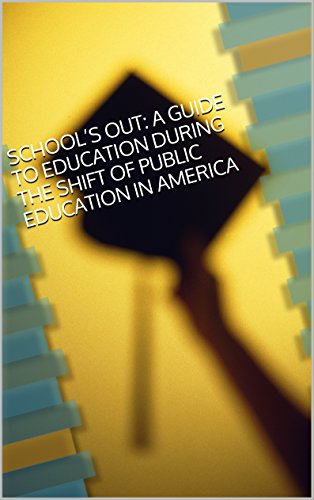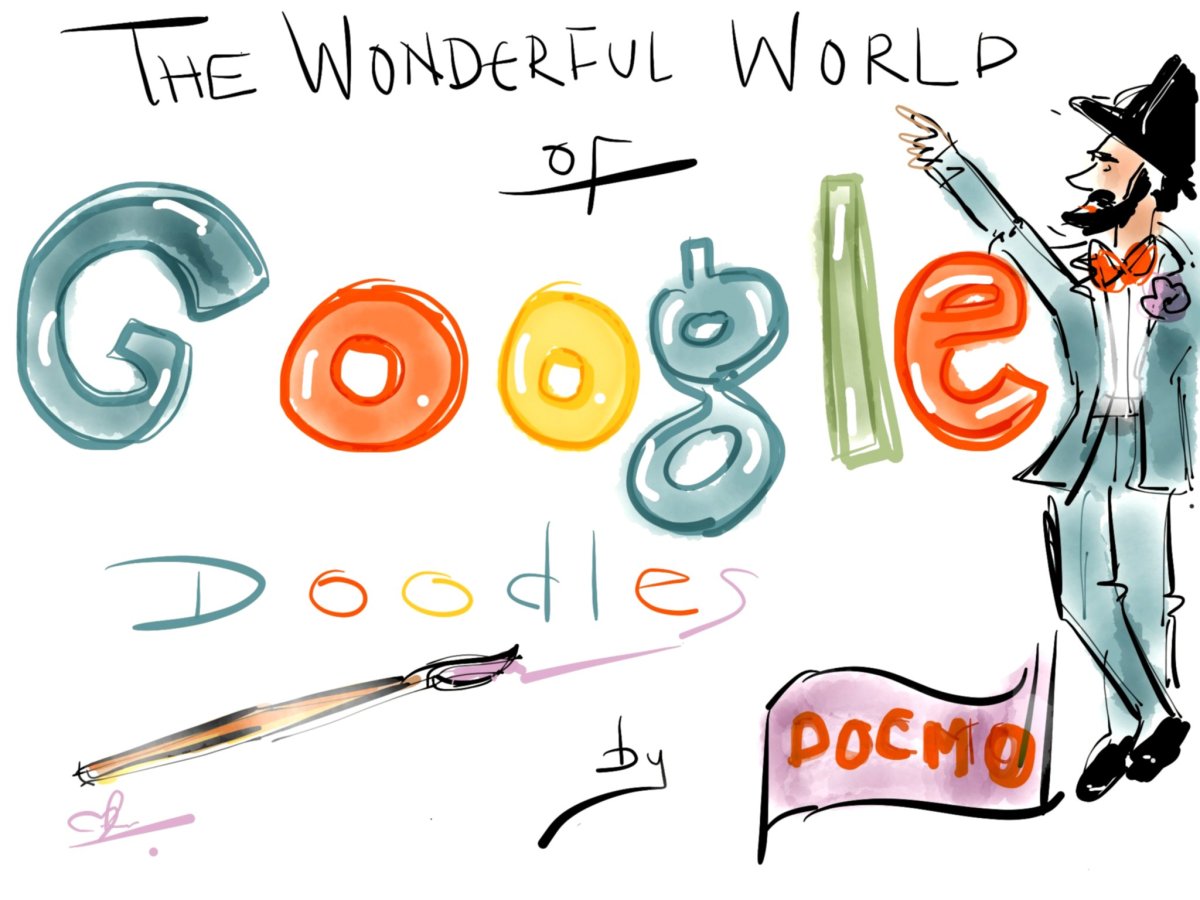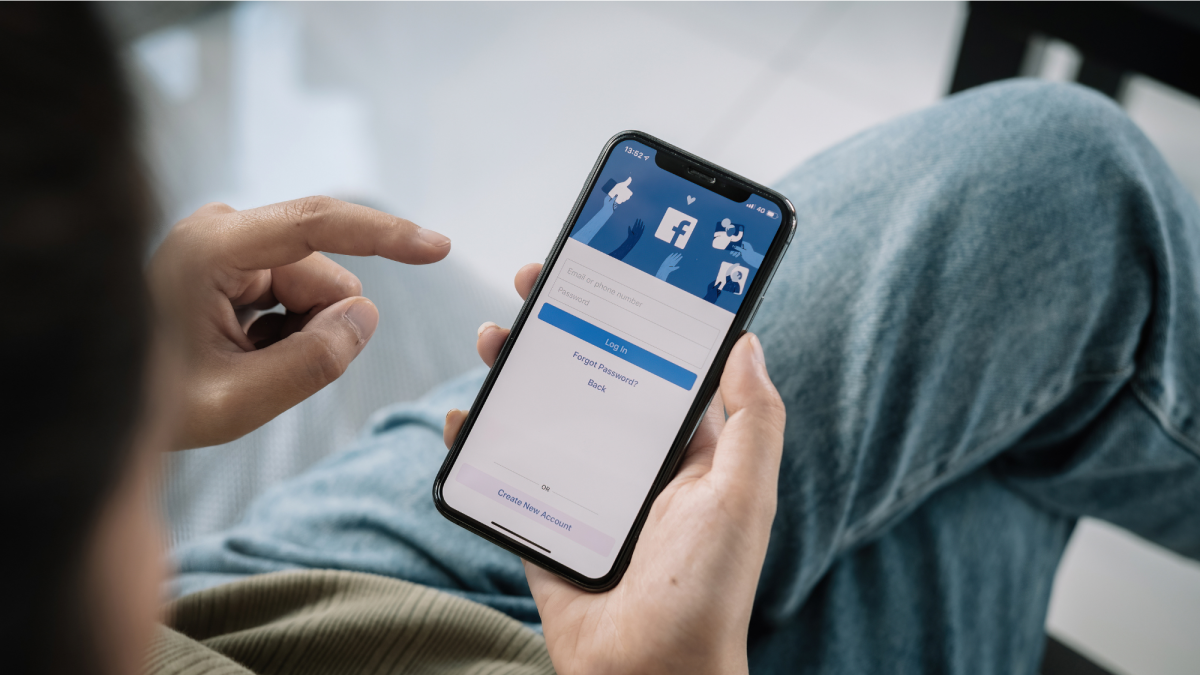Digital Citizenship
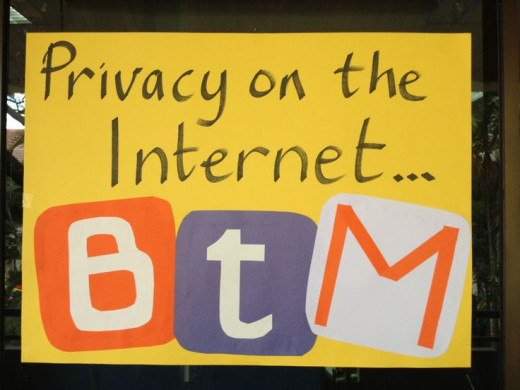
Digital Life
Here we are quickly cruising through the early part of the 21st century. To say that we learn new things every day is quite the understatement. The amount of information available to us at our fingertips is mind blowing. We are so dependent on the Internet that there has been a very real paradigm shift with regard to what it means to be responsible in the world. This concept is known as digital citizenship. We will focus on the broad notion of digital citizenship including a brief history, practical application, and the critical need for us to understand what it means to be a responsible Digital Citizen. By reading this article, you will:
- Analyze real world cases of good and bad Digital Citizenship
- Gain knowledge on how to be a responsible Digital Citizen
- Be introduced to a variety of resources for Digital Citizenship
Setting the Stage
To set the stage just a bit, let’s remind ourselves of a few things. Millennials, for the most part, have the following traits in common. Millennials have never mailed a letter, used a phone book, typewriter, not aware that a newspaper came in print only. For the millennial, there is no off switch. They are plugged in, logged on and online 24/7. Just ask them. As is so often the case, the availability of the technology precedes responsible use of the technology. Now that the second decade of the 21st century is half over, we all know technology permeates all our lives whether we want it to or not. We see, on a daily basis horrible examples of people using various technologies in a thoughtless, dangerous ways, i.e. texting while driving or digital piracy. This suggests a need for an agreed upon set of best practices, responsible operation of technology, or, as it is now known, Digital Citizenship.
The term Digital Citizenship has been around for awhile. Though the phrase is extremely popular, definitions vary. Before we define Digital Citizenship, we first need to determine what it means to be a digital citizen. We will then begin to focus on our guiding question for this book. That is, are the implications of Digital Citizenship for a student in a kindergarten through 12th grade? First, in very broad terms, according to Wikipedia, (en.wikipedia.org/wiki/Digitalcitizen) as “A person utilizing information technology in order to engage in society, politics, and government.” If we apply this definition, notwithstanding the issue of access to technology, (which will be covered in another book) most people, certainly in the United States, would fit in this category. Any student from kindergarten through college would fall into this category.
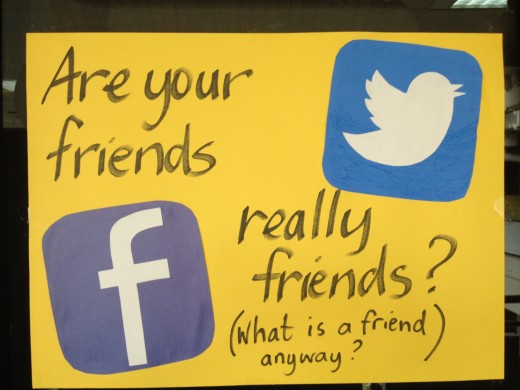
A Sense of Urgency
In her 2008 study “Digital Citizenship the Internet, Society and Participation”, Karen Mossberger defines Digital Citizenship as “Ability to participate in society online from positive externalities to equality of opportunity.” In other words, as Dr. Mossberger suggests, you must be a digital citizen to thrive in the digital age. Therefore, a sense of urgency should accompany any institution that concerns itself with education, any parent, grandparent, or family member of a student in k12 education as well as society at large. There are those who are convinced that the whole idea of Digital Citizenship is some passing fad with little or no real value. They often say “It wasn’t like that when I was in school.” Unlike other career fields, everybody thinks they’re an expert on education because THEY went to school. Just to be clear, parents are and always will be the most important teachers for their children. It should be noted however that unlike the years before the digital age, the world is changing at an exponential rate so fast that for the first time in history, schools are unable to prepare students based on what they know the future will look like. What teachers can, do however, in utilizing the tenets of good Digital Citizenship, is to teach students how to learn. Digital Citizenship helps teachers do just that. In the 2006 Time/CNN article “How to Bring Our Schools Out of the 20th Century”, Claudia Wallace and Sonja Steptoe argued “This is a story about the big conversation the nation is not having about education. The one that will ultimately determine whether some fraction of our children get “left behind” but also whether an entire generation of kids will fail to make the grade in the global economy because they can’t think their way through abstract problems, work in teams, distinguish good information from bad or speak a language other than English. As the table below indicates, each issue the authors brought out can be addressed with Digital Citizenship. We will then look at each of these skills individually and examine how Digital Citizenship addresses these skills.
Source: Downers Grove School District 58 via YouTube through Creative Commons
Digital Citizenship: The Bottom Line
In his article “Project Based Learning: A Bridge Just Far Enough”, Thom Markham begins by stating the following: “ When a student comes home from school(or the community learning center) and the parent asks, “What did you do at school today?” and the child answers, “The teacher tried something new today. She called it a “lecture”. It’s something they used to do in school at the beginning of the century.” “His point is well taken. That is, Project Based Learning, according to bie.org/org/about/what_pbl: is a teaching method in which students gain knowledge and skills by working for an extended period of time to investigate and respond to an engaging and complex question, problem, or challenge. With project based learning as the method of instruction, students are able to meet the objective of thinking through abstract problems. Here’s an example
(Reference) bie.org/about/what_pbl
Example 1: Mrs. Jones’ 6th grade class students have been given an assignment. They have been broken up into groups of four. Their task is as a team, they are to construct a robot utilizing the popular toy building block kits and write a computer program that commands the robot to do actual work such as lift an object. Transport an object, pull an object etc. The students have no prior programming knowledge and they must work as a team. In order to be successful at their task, each member of the group must practice good digital citizenship. As we can see here in this short example, project based learning and digital citizenship go hand in hand.
Example 2
Mrs. Greer’s U.S. History class is studying the Civil War. Each student has been assigned to choose a topic on the civil war and create an Imovie to illustrate their knowledge of their topic. Mrs. Greer outlines the requirements of the project which include not using any resource in the final product without the author’s permission. Mrs. Greer’s class learns about intellectual property, copyright and piracy. In reviewing these issues with her class before the project starts, Mrs. Greer is encouraging good digital citizenship. Here's the bottom line. Whether in school, the workplace or social interaction, good digital citizenship is everyone’s responsibility.
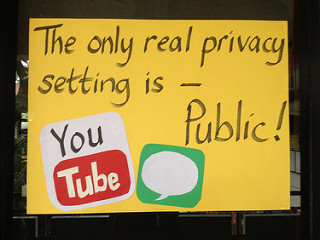
Summary
As we have seen, there are a myriad of examples of digital citizenship. We have also seen that whether we like it or not, we are all digital citizens because our society is indeed digital. Along with that comes responsibility and admittedly, frustration. Privacy issues abound. Despite the ongoing challenges, we can thrive as digital citizens no matter where we decide the technology will take us as a society.

